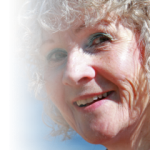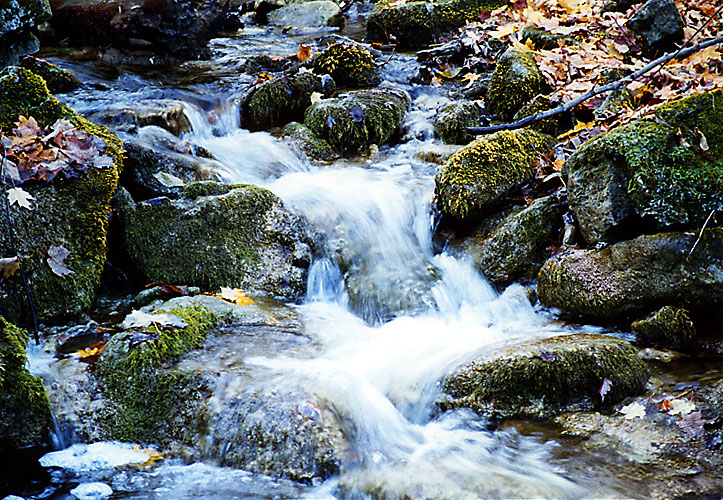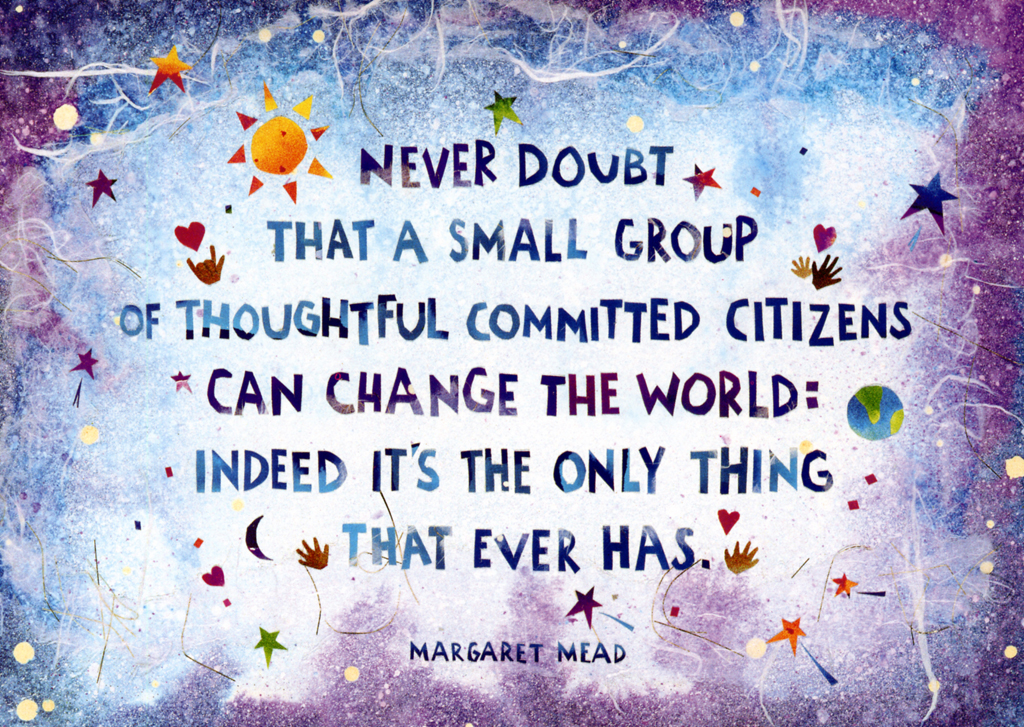 Each day that I rise and look out a window onto the beauty of God’s green earth, I feel grateful to be alive and to be blessed to have such an opportunity to experience the beauty and serenity of the world of Nature. This place of belonging is the glue that holds me together, as does essentially the loving kindness of a few close friends. They live geographically far away; yet, energetically, our souls are closely aligned.
Each day that I rise and look out a window onto the beauty of God’s green earth, I feel grateful to be alive and to be blessed to have such an opportunity to experience the beauty and serenity of the world of Nature. This place of belonging is the glue that holds me together, as does essentially the loving kindness of a few close friends. They live geographically far away; yet, energetically, our souls are closely aligned.
Indeed, even on occasions when I do become unglued from the hardships of these times, the affectionate support of these earthly angels glues me back together. My homestead, meanwhile, provides the grounding to sustain me on a plot of earth that is a rough, yet restorative, kind of heaven.
That knowing is why I can tell you that it is possible to find heaven on earth. The reasons are the same as finding happiness. Both possibilities reside in a person’s state of mind, in other words, how we choose to respond to life’s uncertainties.
But the challenge, to reach that state of mind, is to develop one’s inner qualities of grace and humility – innate within all of us. Doing so requires a willingness to look upon life’s journey as a quest to learn and grow more fully into our higher spiritual qualities, and practice them daily. Added to the aforementioned qualities are: compassion, gratitude, forgiveness, and more.
These qualities are “spiritual” because they refer to the higher, moral qualities that all human beings carry within us, whether we are religious or not.
For example, I have met certain devoutly “religious” individuals who sorely fall short in expressing their better qualities, choosing instead self-righteousness, narrow-mindedness, and a lack of generosity. Conversely, I know individual atheists who have evolved to function more authentically from their `Higher Self.’ Even so, they would not necessarily use the `spiritual’ referent, preferring to base their chosen behaviour upon humanism.
The important question, regardless of our motivation, remains: Are we aware how profoundly we create our own reality, whether human interrelationships, material circumstances, as well as feeling interconnected or not with all planetary life and beyond?
The answer partly resides in our self-awareness that each of us is a `work-in-progress,’ in so far as our own consciousness informs us about how profoundly or superficially we respond to the world at any given period of our lives. For nothing alive stays the same.
In other words, what I suggested above in reference to religious versus atheistic persons refers only to particular individuals at a single moment in time or perhaps a specific period of their lives.
Regardless, life is a `spiral journey,’ and each living organism, including a human being, fluctuates in accordance with a series of responses, inner an outer, to ever changing events. In short, people can change. We can learn from the wisdom of Nature.
As for the `spiral journey,’ it shows us that even when we try to move forward, inevitably, we will confront once again familiar situations, as expressed by human personalities or events, that trigger old patterns that we have attempted to put behind us.
The triggers indicate, regardless, that we have more inner work to do, to release our own out-grown patterns, and that is okay. Growing closer to our full potential is a lifelong pursuit, achieved in stages, and achieved only as grace and humility evolve.
Patience and perseverance are two further qualities that develop through struggle. Their development is a significant challenge in our current culture that socializes us to expect everything to happen instantly, and with minimal pain.
The challenge is for us to recognize our own unhealthy relational patterns and learn from opportunities when particular encounters trigger old behaviours. Each time we will see ourselves respond differently, if we are giving less energetic power to feed the unhealthy pattern, until one day we find ourselves no longer feeling triggered.
That is the step-by-step process that enables us, authentically, to divest ourselves of outdated, and counterproductive, emotional and spiritual patterns of relationship that, if kept, hold us back from growing closer to our human potential.
My suggestion that life is a `spiral journey’ contains another aspect of reality, a reality that speaks to human imperfection and fallibility. On such a journey, each person can choose to move forward in life and shift how we respond or, instead, resist change through attitudes and responses to the world that remain frozen and crystallize.
Sometimes, therefore, it takes extreme events to break through and open a path to a new way of being. The road less taken can appear before us, whether after a meltdown from the heat of our passions and soul woundedness or, alternatively, the cracking apart from the cold rigidity of dogmatic thinking that, sooner or later, snaps from its inner pathological pressure upon our `life force.’
The `life force’ is our soul, a soul organically in flux and energetically interconnected with multiple levels of energy (and, I believe, other souls), on earth and beyond, to which many humans still do not give credence, let alone even begin to try and understand.
How then do we, as a human species, have the audacity to criticize what we fail to understand, because of our intellectual arrogance? I refer here to the mysteries of energetic dimensions that remain largely unknown, both spiritually and scientifically.
Why I become so agitated about this human dilemma is, first of all, because it has two outcomes. Furthermore, at no time previously in history has knowledge, and wisdom, been so accessible to transform human consciousness and create a more life affirming human interrelationship with earth. Yet human nature is so resistant to change.
The first outcome is, we hurt each other unnecessarily when we refuse to acknowledge our own imperfect behaviours, preferring to play the blame game, bereft of compassion.
The second outcome is, environmental degradation continues because of selfishness, and resistance to change – collectively as a species, despite the continuing and essential efforts of caring folks to heal and restore what is broken.
Selfishness expresses itself through: consumerism far beyond our needs; investments to make profits from destroying our planet’s life support system; and refusing to learn how to adopt different ways of life that are possible, using much less energy. We have the intelligence to do so, if we simply would have the will to act.
That is the key – the act of will. I believe it is not terrorism, but instead the least evolved expressions of the human mind – arrogance, indifference, lack of compassion, prejudice and persistence to judge others and, last but not least, the misguided belief that human life is superior to other planetary life – that will cause our undoing.
We, as a species, will be brought to our knees by such mindlessness, unless we learn how to develop `mindfulness’ to appreciate and protect what actually sustains life.
Reflect on what I suggested earlier, in regard to extreme events being required to open new ways of being. The earth is speaking to us. Extreme weather events are forcing people to rethink how to live on this planet, and rethink what to value, willingly or not.
My heart, meanwhile, aches in wondering whether I will be the last generation to benefit from a lifetime of freely available clean water – when some of the poorest populations, wrongly, are already being forced to pay for water – and an economically accessible supply of food, in a world where Nature’s biodiversity still bestows human life with a wealth of beauty and serenity that no amount of money can buy once these qualities are destroyed.
This year, together with a small number of caring fellow human beings, I have taken action – and the battle continues – to fight against one of the most diabolical types of violation upon the life force of the earth – proposals to bury radioactive waste in deep geological repositories (DGRs) in my region.
Yes, I mentioned this activism in earlier posts, but want to widen awareness among newer readers. If interested, read When Spiritual Work Involves Science & Activisim. In that post, there is a link to a previous post that identifies a petition.
Margaret Mead’s quote is popular with our cause. Change does begin with the courage of a small number of caring individuals, from which a ripple effect then can awaken a growing circle of support.
Our latest work, as a coalition, has been the preparation and delivery of individually-researched written submissions to the Joint Review Panel of the Canadian Environmental Assessment Agency, in regard to the first of two proposed DGRs. The first DGR focuses on low and intermediate radioactive waste, and the second on high level waste.
Some interveners also are giving oral presentations at a public hearing this autumn. I am one of those individuals. After delivering my written text a few days ago, I now must find and organize supplementary visual materials, to deliver before the end of August.
What I learned many years ago, however, as a helping professional who came close to a nervous breakdown from overwork, is the essential need for self-care to retain inner and outer balance. As Art Solomon, an Anishinaabe spiritual elder and mentor, once told me, with his pragmatic tough love: “If you do not take care of yourself, you are no good to anybody.”
Today, with Nature’s rough beauty as my teacher, I know that life’s journey is not about achieving perfection, but instead the discovery, and protection, of the hidden treasures that sustain a life worth living.


